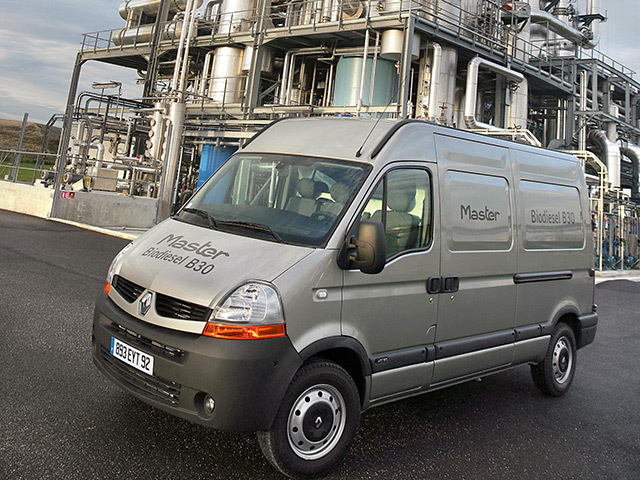
UK politicians are at the centre of a battle between green campaigners and biofuel producers ahead of a crucial vote in the European Parliament this week.
The heads of Oxfam, ActionAid, Greenpeace and Friends of the Earth have written to MEPs and ministers urging them to support a cap on biofuels produced from crops such as sugar cane or palm oil.
However, an trade body for renewable energy producers has urged MEPs to support the industry and vote against the cap this Wednesday.
EU politicians voted in July to restrict the share of biofuels in cars and trucks to 5.5% by 2020 – almost half the previous 10% target set in 2009.
The parliament’s environment committee’s vote means the decision goes forward to a plenary vote this Wednesday, which if approved would also introduce indirect land-use changes into the 5.5% cap.
Smallholder farmers in poor countries have lost land to biofuel producers in the race to buy up areas for growing fuel crops to serve wealthier countries.
The green groups said it was “essential” UK MEPs backed the 5.5% or lower cap on biofuels that compete with food.
“It is also vital that the new legislation puts an end to those biofuels that could end up increasing global greenhouse gas emissions instead of reducing them,” the charities said.
In a letter to UK ministers and MEPs they said the UK had failed to set out its position on the cap or how to repair harm done to those going hungry because of the biofuels policy, despite Prime Minister David Cameron’s commitment to tackling global hunger during the UK’s presidency of the G8 this year.
They called on the UK to end its silence and support a 5% cap with a view to eventually phasing out biofuels altogether.
“The ugly reality of biofuels is that it is fueling higher food prices, forcing poor people off their land and threatening the food security of millions in the developing world,” the groups said.
“The amount of food consumed as fuel by G8 countries annually could have fed more than 441 million people for a year, more than seven times the population of the UK.”
However, the threatened cap has caused anger among biofuel producers and suppliers, who have warned that it would have a major impact on investment and jobs in the industry.
“Our domestic biofuels industry supports 3,500 jobs across 200 companies and achieves average carbon savings almost double the 35% minimum required by the Government,” said REA chief executive Nina Skorupska.
“This is why we urge MEPs to support the European Parliament Industry, Research & Energy Committee’s position in the ILUC vote next week.”
“The REA encourages MEPs to note the findings of the report ‘Biofuels and food security’, published on Thursday by sustainable energy consultancy Ecofys.
“The report concludes: “Systemic factors, like reduced reserves, food waste, speculation, transportation issues, storage costs and problems, and hoarding play a much larger role in local food prices. These factors can be solved and should get much more attention.”